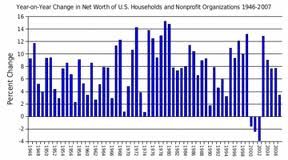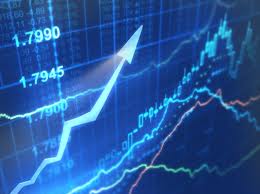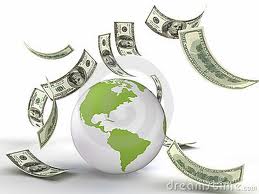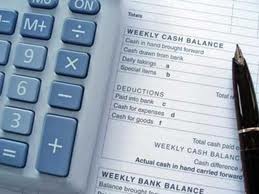 Now, the prerequisites of the course, so I want to make this clear, you don’t really need ECON 115. It would be helpful because this logic of the free market being good or bad, that was already started in ECON 115. That’s what they call it now, right? It’s still called 115. I used to teach it but I haven’t done it for years.
Now, the prerequisites of the course, so I want to make this clear, you don’t really need ECON 115. It would be helpful because this logic of the free market being good or bad, that was already started in ECON 115. That’s what they call it now, right? It’s still called 115. I used to teach it but I haven’t done it for years.
So, anyway, what you really need is mathematical self-confidence. It’s not going to be high math. It’s going to be simple math, but it’s relentless over and over again. And I can tell you that every year, there’s the five percent of you, five or ten out of the hundred twenty are going to just get bored doing problem after problem and you’re probably not that, you know, those ten maybe haven’t much experience doing it, don’t feel very confident doing it, stop coming to the class and then really have no idea what’s going on.
My sister is probably much smarter than I am, but she doesn’t like math. She wouldn’t take this course. So, if you’re not confident doing little mathematical problems just don’t take the course. You’ll save yourself a lot of trouble. I don’t know how to say this any better. I want to warn you not to do it. It’s easy month, but it never stops. Every week, there’s going to be a problem set. The exam – there are problem sets. The exam is doing problems just like the problem sets, but if you don’t like that, you know, to me finance is a quantitative subject. What’s so beautiful about it one aspect I really like is that you have these complicated different things you have to weigh, but at the end you have to come up with one number. What is the price you’re willing to pay for something? It’s very concrete.
I’m going to take advantage of the concreteness by turning every question into a number. I hate it when you get on the one hand and on the other hand. It’s a number. So, if you don’t like numbers, it’s not a good course to take. So, what are the kinds of things you have to know? You have to understand the distributive law of arithmetic which, I have little kids and I see that’s not easy to understand. Anyway, and then you have to understand the idea of a function which is a contingent plan, simultaneous equations; that’s what we do for equilibrium in arbitrage.
Taking a derivative, that’s marginal utility, the idea of diminishing marginal utility, a concave function that looks like that. That’s risk aversion. Bankers invented the logarithm, compound interest, so you have to know what taking a logarithm and exponential means, and you have to understand how to take probability weighted averages of things. And we’re going to use Excel for a lot of the problems which we’ll teach you. By the end of a day, you’ll be better at it than I am.
So, my office hours are four to six. My secretary assistant is Rendé, there’s an accent missing as she always tells me, Wilson. She just started three ago but I’m sure she’ll be great. There are going to be two lectures a week and a TA session. So, every Tuesday there’ll be a problem set starting this Tuesday due the next Tuesday. There will be two midterms. There’s a lot of stuff to learn and so I found, everything I think agrees who’s taken the course. If you take the midterm, it’ll focus your mind and make it a lot easier, so I give two of them so you only have half the course to study. It makes the final much easier to study for. I recognize that some of you will have problems on one of them, like especially the first midterm, and if you do vastly worse on one exam than the rest I’ll tend to ignore that, but most people don’t, by the way, do vastly worse on one exam than the rest.
So, the final’s forty, the problem set’s twenty and the two midterms are twenty percent. Tuesday to Thursday, and so all the TA sessions are Thursday to Monday so they’re going to start next Thursday. So, you see the classes are Tuesday – Thursday then the next Tuesday. There’s a long time in between here so all the TA sessions will meet there. So, they’re at the same moment in the class.
There are all these textbooks, all by the Nobel Prize winners, all by those financial greats. You can buy any one of them, but I have my own lecture notes because as I say I teach a slightly unconventional course and there’s a huge list of books on the crisis. Some of them are incredibly interesting and fun and so they’re all on the reading list you can take a look at. I mean, there’s never been a more fun time to read this stuff now.
Finance: Logistics Pt 1







